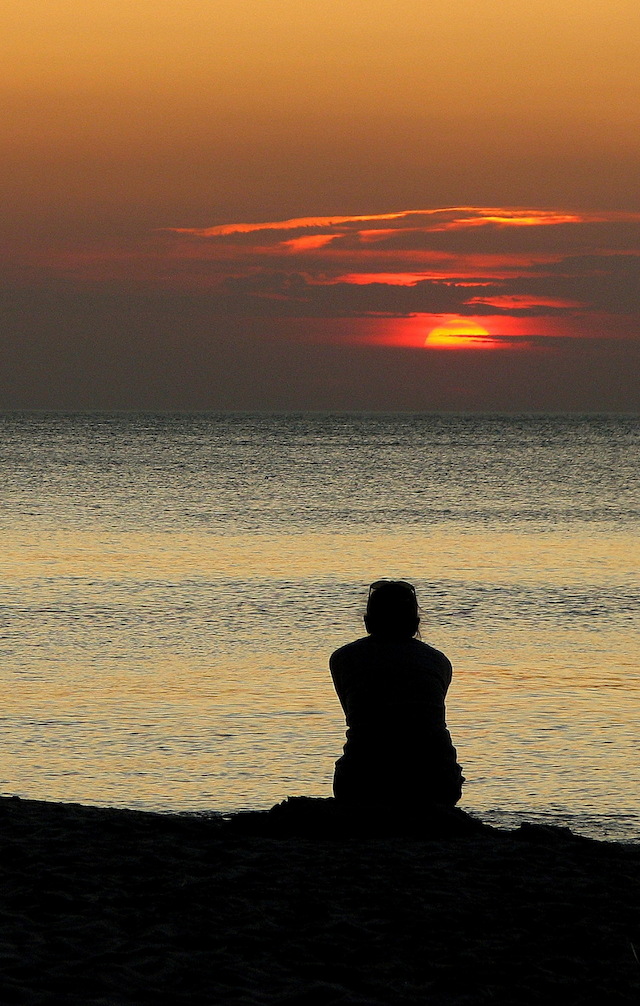THE EPIPHANY OF THE LORD: CHRISTMAS IS FOR ALL

Today we celebrate the second solemnity of the Christmas season—the solemnity of the Epiphany of the Lord. Epiphany means ‘manifestation’ or ‘theophany’ understood particularly as the manifestation of Israel’s Messiah to the Gentile nations. The Gentile nations are all the nations outside of the Jewish nation. They are represented by the three Magi who journeyed from the East to pay homage to Jesus. The magi were guided by the light of the star that pointed to Bethlehem where Jesus was born.
And behold, the star that they had seen at its rising preceded them, until it came and stopped over the place where the child was (Matthew 2: 9).
Christmas is the season of the manifestation of Christ as the Light. The first manifestation was on Christmas day when Jesus was born as a sign to the world that God’s promised light had come to earth. This is splendidly pronounced in the prophecy of Isaiah in the first reading during the Christmas midnight mass:
The people who walked in darkness have seen a great light; upon those who dwelt in the land of gloom a light has shone (Isaiah 9: 1).
The second manifestation of Christ as light during Christmas season is the solemnity of the Epiphany of the Lord. Epiphany proclaims that the Son of God came for all people, Jews and Gentiles alike. His saving love is available to everyone, everywhere, in whatever state of life they may find themselves. There is no one outside of God’s love.
Christmas proclaims that Christ as light shines in the midst of darkness in the world. Yes, there is so much darkness in our world today—war, poverty, injustice, violence, terror, sickness, inequality and despair. But darkness will give way to the light of Christ—the light of peace, love, justice, joy, hope, and unity. This is eloquently expressed by Isaiah in the first reading today,
Rise up in splendor, Jerusalem! Your light has come,
the glory of the Lord shines upon you.
See, darkness covers the earth,
and thick clouds cover the peoples;
but upon you the LORD shines,
and over you appears his glory (Isaiah 60: 1 – 3).
The feast of the epiphany proclaims furthermore that the Light of Christ shines even beyond Christianity. Christmas is not just for Christians but for all. Jesus came not just for the Chosen People, the Jews, but Jesus came to save all people, Gentiles as well as the Jews. The wise men, though were pagans, came to faith in Jesus through the grace of God.
The wise men are represented today by the non-Christians or other religions, those who do not yet know and those who have not yet made that journey to Jesus. They too can be led to the light of Christ. We saw through the story of the wise men that through the grace of God the wise men were led to Jesus. Even though they did not know Jesus they had a desire to meet Jesus. In their own way, with their beliefs, they lived as best they could and this eventually led them to Jesus. As Vatican II says,
“Those who, through no fault of their own, do not know the Gospel of Christ or his Church, but who nevertheless seek God with a sincere heart, and moved by grace, try in their actions to do his will as they know it through the dictates of their conscience – those too may achieve eternal salvation.” (Lumen Gentium §16)
This does not mean, however, that the Church does not have to spread the Gospel, to just sit back and be lazy. The Church’s primary mission and vocation has always been to proclaim Jesus as savior of all humanity. Jesus’ last command before his ascension was to baptize all nations, in the name of the Father and of the Son and of the Holy Spirit. God in God’s mysterious ways, however, uses all channels even beyond the Catholic faith so that God’s light and love maybe proclaimed and experienced by all of God’s creation.
Today’s feast teaches us that for God there are no foreigners, no outsiders. Epiphany tells us that there is no “Chosen People” whether they be Jews or Christians (or Catholics). All are called—be it the Mother of Jesus, the rich and the poor, the privileged and the lonely, the healthy and the sick, the saints and the sinners to the light—Christ our Lord and Savior.
We pray with Anne Osdieck,
Lord,
shine your light on us all.
May your star chase away our darkness
and fill us with your radiant love.
Make us your epiphanies
overflowing with
wonderful
care for
each
other.[1]
[1] Anne Osdieck, Praying Towards Sunday, The Sunday Website at Saint Louis University. Accessed 07/01/2018 at http://liturgy.slu.edu/EpiphanyB010718/prayerpathmain.html
I am passionate about the intersection between new media and technology. I continue to research and apply new media in theology and vice-versa. I am also a fan of Our Mother of Perpetual Help and her continuing relevance in today's digital world.
View all posts by Baclaran Phenomenon




